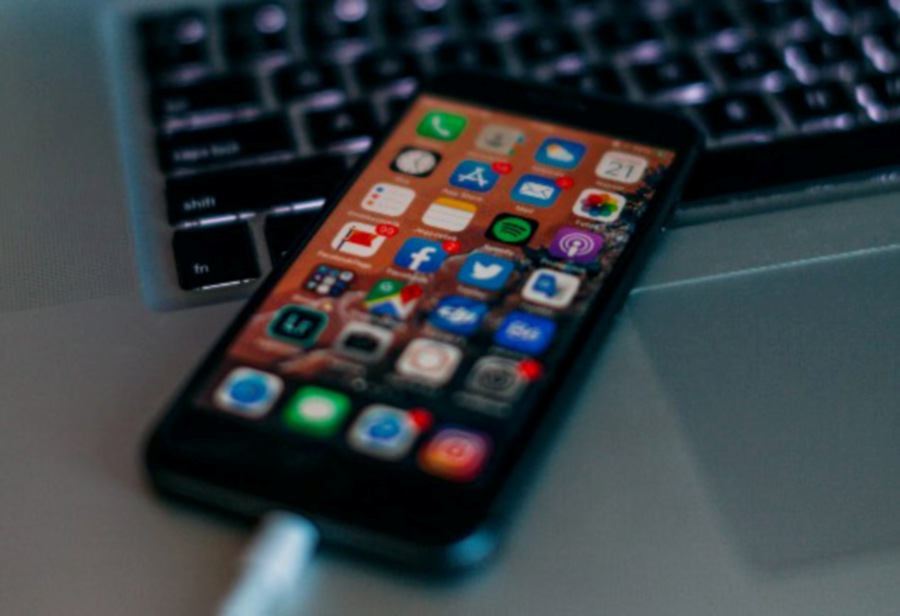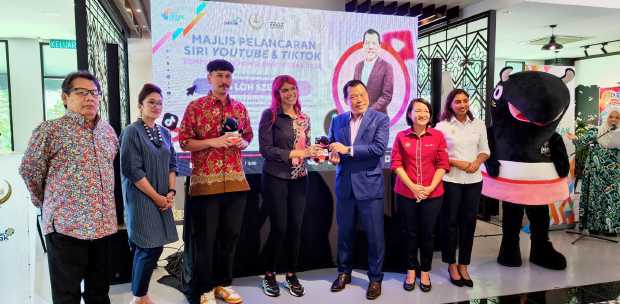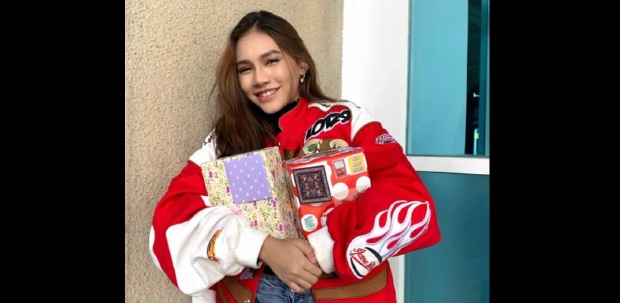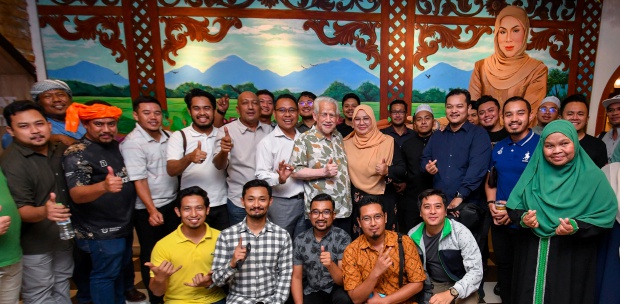THE strength of social media in all spheres of life, including politics, is undeniable.
YouTube, Twitter, and Facebook are widely employed to further one's political opinion, especially with state elections campaigning hotting up.
It creates a situation of "information overload" as envisioned by futurist Alvin Toffler.
The demarcation lines between unsubstantiated opinion and critical analyses are seemingly blurred. Each opposing camp has its functionary dedicating itself to disseminating low-grade propagandist work.
Recently, the battleground has shifted to social media like one-minute TikTok videos.
Despite its effectiveness in conveying complex political ideas, social media has become a breeding ground for the ultra-nationalist and religious Puritans in stoking the fire within society.
I was terrified to find out that many TikTok videos were making disparaging racist comments that potentially sow disintegration in society.
Strangely enough, these detestable remarks were applauded by prominent religious preachers and leaders from the supposedly religious party.
Hence, the discourse of 'kafir harbi' (non-Muslims waging a war against Muslims) re-emerged to dominate the entire campaign's narratives.
It is strange to see some of the candidates go further by reminding the Malays not to fall into the fates of their brethren in Patani and Singapore.
Ironically, the Singaporean Malays enjoy a better living than many in Malaysia.
In a highly ethnicised society like ours, a campaign that touches on 3R (race, religion, and royalty) is more appealing than other issues such as economic development, public wellbeing, or infrastructure.
It seems raising the cultural anxiety of the majority is the easiest way to gain votes.
Cultural anxiety is not peculiar to Malaysia or any global south countries. The same phenomenon drove unsophisticated white voters to Donald Trump in the 2016 US Presidential Election.
Fear of being culturally displaced and politically outmanoeuvred fuelled the us-against-them narrative.
If we examine the 15th General Election campaigns, a narrative of the non-Muslim's political power growing exponentially under the multi-ethnic coalition government is harped on to ensure cultural anxiety is embedded into the Malay subconscious.
Unlike the coalition setting of the Barisan Nasional-led era, the Malay paradigm was almost absent in Pakatan Harapan's coalition setting. Therefore, the incongruity between the political and the cultural unit of the society is easily manipulated by those who reap benefits from the issue.
As a result, Malay voters are inclined to swing to the party, which invokes the image of a "protector". Even though, the party itself may not offer either sound policy or an excellent track record in governance.
Thinking back, I invite my fellow Malaysians to ponder Tun Dr Ismail's inaugural speech at the United Nations in 1957:
"We have in Malaya three major racial groups: the Malays, the Chinese, and the Indians... Neither the difference in religion and cultural background nor the difference in their economic and social status has created an insuperable barrier towards the national unity of these races"
If we permit ourselves to be trapped in the enigma of cultural anxiety, a vision to create a just and progressive society as laid down by our founding fathers is merely a broken dream of Bangsa Malaysia.
The writer is a political analyst and doctoral student at the Institute of Ethnic Studies-UKM





